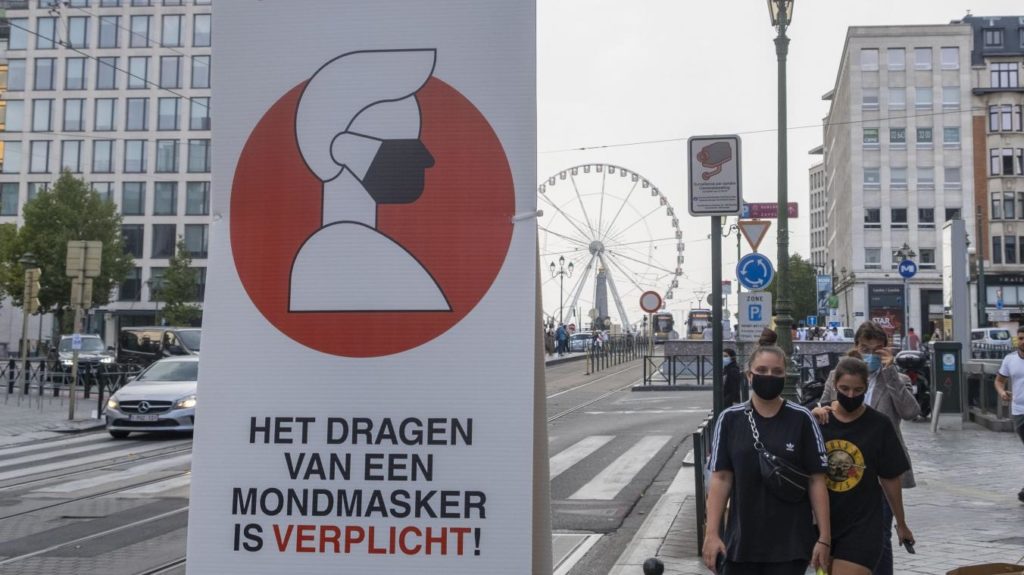Brussels’ current strategy for dealing with coronavirus is based on four priorities, Nicolas Lagasse and Inge Neven announced during a press conference on Tuesday.
The Brussels region is particularly worried that, with the return from holidays and children going back to school, there will be a surge of infections. That's why both are priorities for the Region, along with a minimal impact on the economy and an inclusive approach.
Return from holidays
The return from holidays is one of two major risks that Brussels faces as many people come back from trips to green, orange and red zones. Currently, only around 40% of travellers returning to Brussels from red zones are getting tested, according to Neven.
The Region wants to increase those numbers and underline that anyone who has to get tested needs to go into quarantine as well.
Testing centres in 1,000 Brussels, Molenbeek and Evere will now be open on Saturdays and Sundays to help make it easier for people to get tested.
Return to school
The other potential source of a surge in new infections is the return to school.
All schools will start with a code yellow, which is the lowest possible risk, and the Brussels Region "will do everything to ensure that it stays that way," Neven said.
The region wants to stress that young people are vulnerable to the virus as well and want them to be aware as, for example, they have contact with more vulnerable groups, such as grandparents.
Related News
- Marc Van Ranst: 'Brussels in European top ten for fastest-growing Covid-19 clusters'
- Brussels-North bans sale of 'takeaway' alcohol after 10:00 PM
Impact on the economy
Some people who refuse to go into quarantine mention the impact on the economy, according to Lagasse, who countered the argument by pointing out that months of a pandemic are bad for the economy as well.
Inclusive approach
The Brussels Region is trying to make sure that everyone gets included in the fight against the coronavirus, mostly by motivating people and raising awareness.
Jason Spinks
The Brussels Times

